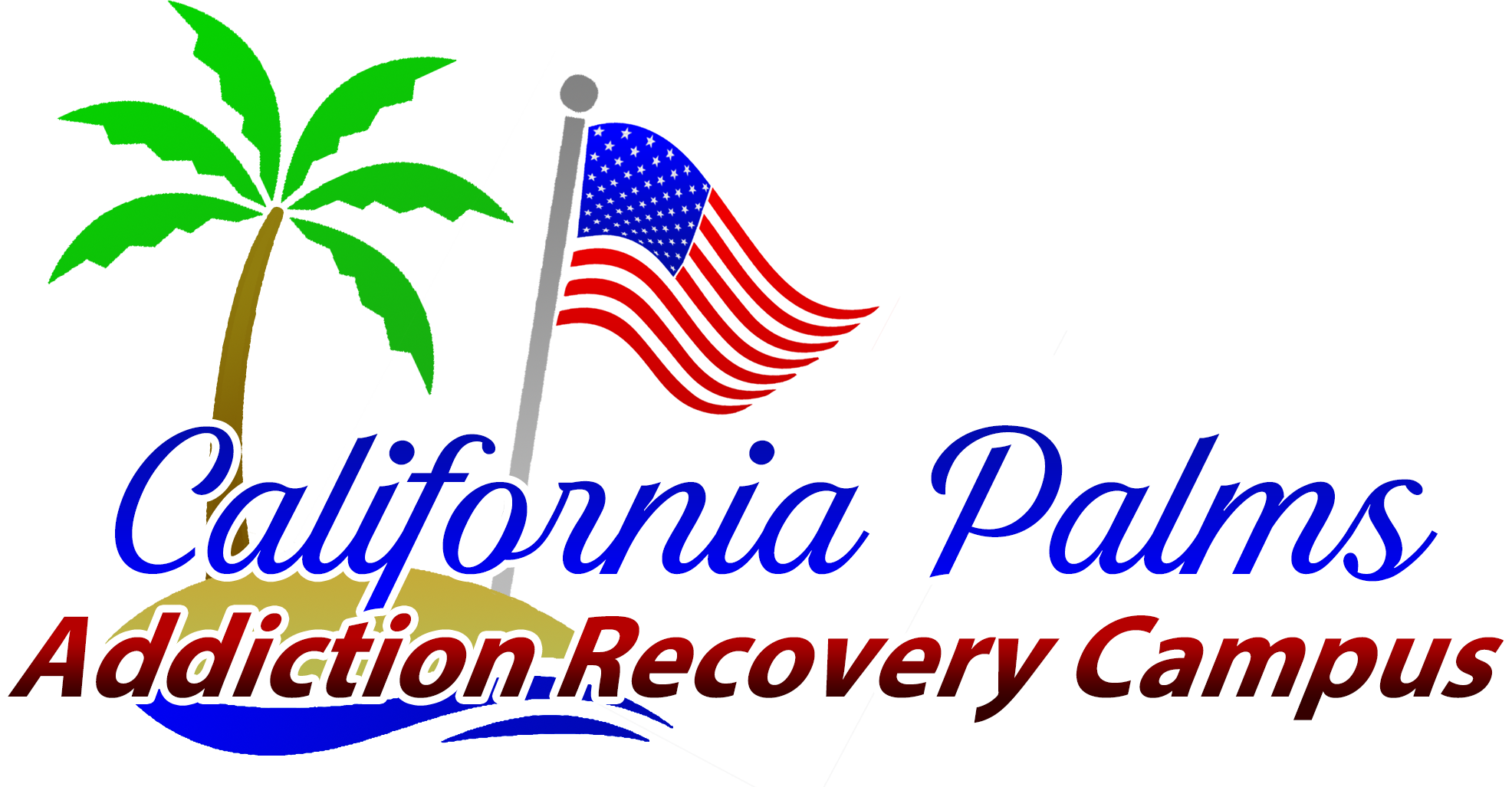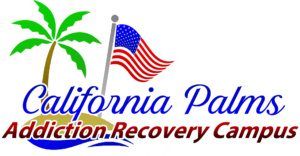Summary of VA Treatment Programs for Substance Use Problems
Many veterans have problems with use of alcohol, tobacco, or drugs. This can include use of street drugs as well as using prescription medications in ways they weren’t prescribed. Such substance use can harm health, cause mood and behavior problems, hurt social relationships, and cause financial problems. Many people find it difficult to cut down or stop using substances on their own. Effective treatments for substance use problems are available at VA. Available treatments address all types of problems related to substance use, from unhealthy use of alcohol to life-threatening addictions.
The VA provides effective, scientifically proven services for all eligible veterans, no matter where they come for services. VA providers know that in many cases substance use problems are continuing conditions that require care over a long period of time. For other veterans, the substance use problems may be resolved more quickly with attention paid to related problems. Such related problems could be posttraumatic stress disorder (PTSD), depression, pain, disturbed sleep, irritability, and/or relationship problems.
The VA offers a number of options for those seeking treatment for substance use problems. These options include therapy, either alone with the therapist or in a group, as well as medications to help veterans reduce their use of alcohol, tobacco and drugs.
Treatments that do not involve medications involve one or more of the following: increasing and making clearer the veteran’s motivation for change; helping veterans to improve their skills for spotting and dealing with triggers and relapse risks; counseling couples together on how to recover from substance abuse and how to improve relationships; getting outside support for recovery, including programs like Alcoholics Anonymous (AA); looking at how substance use problems may relate to other problems such as PTSD and depression.

VA providers may use medications to treat alcohol dependence. Effective medications can help manage withdrawal symptoms, reduce craving, and promote abstinence, which is not drinking any alcohol.
There are three different medications to treat addiction to opioid drugs like heroin, oxycodone or other pain killers. Methadone is an effective approach for chronic opioid addiction that can be provided only within a special program. Buprenorphine / naloxone and naltrexone can be part of treatment plans in a variety of clinical settings.
To help make sure that veterans can attend VA treatment services, programs offer evening and weekend hours. Residential (live-in) options are available for veterans who live far away from a VA clinic or have unstable housing. Special programs are often offered for patients with special concerns, such as women, OEF/OIF veterans, and homeless patients.
A patient coming to VA can expect to find the following types of care: first-time screening for alcohol or tobacco use in all care locations; short outpatient counseling including focus on motivation; intensive outpatient treatment; residential (live-in) care; medically managed detoxification (stopping substance use safely) and services to get stable; continuing care and relapse prevention; marriage and family counseling; self-help groups; and drug substitution therapies and newer medicines to reduce craving.
Decisions as to which services are provided and how intense they are will be based on the patient’s needs and desires.
 We accept insurance from Veterans Choice, Cigna, Aetna, Blue Cross & Blue Shield, Humana, and Medical Mutual. Payments plans from Prosper Healthcare Lending or My Treatment Lender. Travel to/from our Location may be covered by various sources. Contact the CALIFORNIA PALMS at (800) 378-8259
We accept insurance from Veterans Choice, Cigna, Aetna, Blue Cross & Blue Shield, Humana, and Medical Mutual. Payments plans from Prosper Healthcare Lending or My Treatment Lender. Travel to/from our Location may be covered by various sources. Contact the CALIFORNIA PALMS at (800) 378-8259
